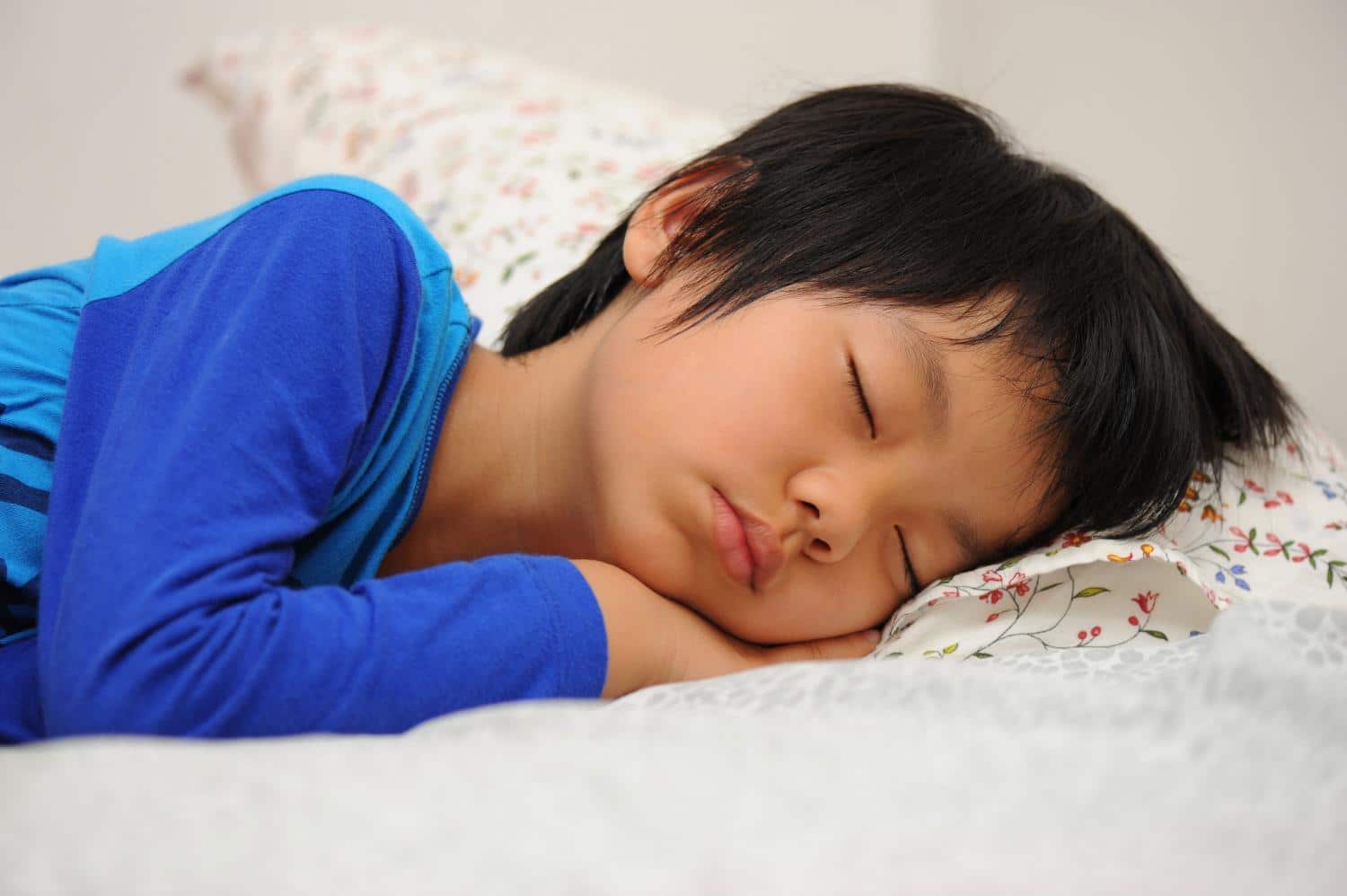Did you know by the age of two, most children have spent more time asleep than awake and overall, a child will spend 40 percent of their childhood asleep. Sleep is especially important for children as it directly impacts mental and physical development.
Childhood Sleep Guidelines:
- Infants: 4 to 12 months require 12 to 16 hours of sleep (including naps)
- Toddlers: 1 to 2 years require 11 to 14 hours of sleep (including naps)
- Preschoolers: 3 to 5 years old require 10 to 13 hours of sleep (including naps)
- Grade-schoolers: 6 to 12 years old require 9 to 12 hours of sleep
- Teens: 13 to 18 years old require 8 to 10 hours of sleep
Healthy Sleep Habits:
- Make sleep a family priority. Making sleep a priority for yourself shows your children that it’s part of living a healthy lifestyle.
- Keep a consistent sleep schedule. A consistent wake-up time sets the stage for the rest of the day and allows adequate sleep pressure to build up by late evening to allow for quicker sleep onset at an appropriate time at night.
- Be active during the day. Incorporating exercise as a daily habit at a young age will help establish it as a daily life-long healthy routine.
- Make the bedroom environment the same every night and throughout the night. Your child’s bedroom should be quiet, comfortable and dark. To avoid the bad habit of needing a television turned on to fall asleep, do not put a television set in your child’s bedroom.
- Don’t go to bed hungry. Provide a light snack such as a glass of milk, a piece of fruit or cereal and milk.
- Limit the amount of electric stimulates. Don’t let your child use the computer, check her phone, or watch TV at least an hour before bedtime. These electronic screen activities can be stimulating and can interfere with falling and staying asleep.
- Do not put your child in bed with a bottle or cup. Sleeping with milk or juice in the mouth can lead to cavities and tooth decay.
SOURCE: American Academy of Pediatrics
Need more tips? Our Urgent Care for children is geared towards helping you succeed when it comes to your kid’s health. Check out our blog for more great advice!

